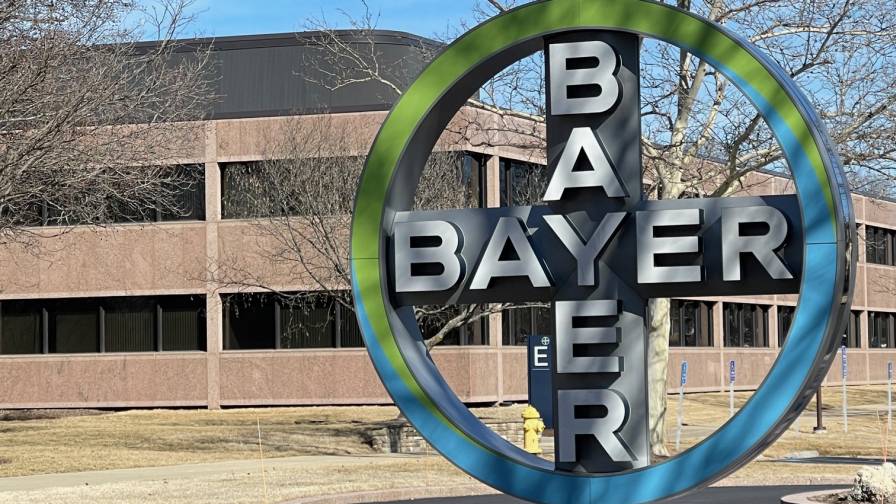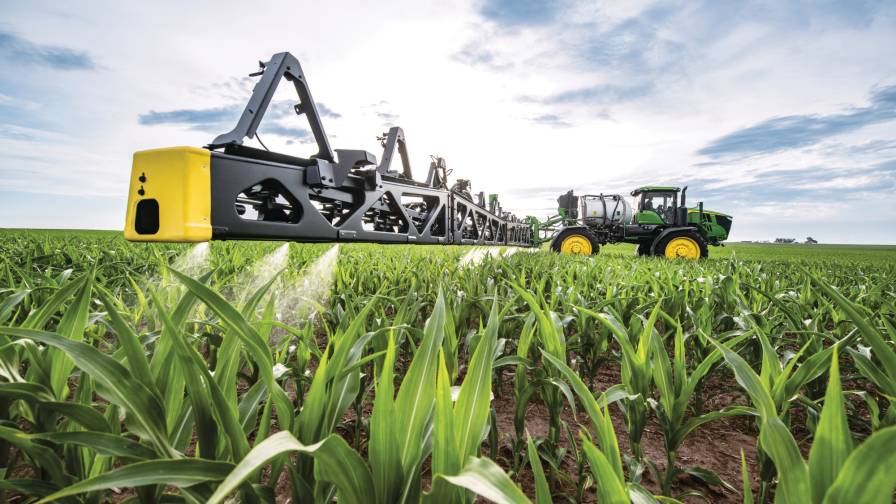Stopping Anhydrous Ammonia Theft

Mike Titus, risk manager for Co-Alliance, LLC, an ag supply dealer with almost 100 facilities and retail outlets in Indiana, Ohio, and Michigan, received on average one report of anhydrous ammonia (NH3) theft a day from one of his multi-location retailers. “That was two or three years ago. Today, I probably get one call a month,” he says.
Why the huge drop in incidents? “The company’s resolve to put in place aggressive safety measures to tackle the problem,” says Titus.
For years, Co-Alliance, like many ag supply dealers in the Midwest, has been trying to protect NH3 nurse tanks from criminals, who use the common fertilizer chemical for methamphetamine production. Titus explains that ready access to NH3 has made it the ingredient of choice for meth makers and, thus, securing these tanks is his No. 1 priority.
“We looked at a lot of different options,” says Titus. “We installed chain-link fences and lighting. We introduced security procedures and made sure our people were alert to any signs of theft or tampering at all our locations.” Titus adds that Co-Alliance began to lock down their tanks using different locks, with mixed results.
Going With FieldGuard
After a thorough review of their options, they decided to install the FieldGuard tank lock from Highfield Manufacturing. Titus explains that they selected the FieldGuard locks because they are easy to use and are resistant to corrosion from exposure to NH3 and weather extremes. “On the rare occasion that there would be a tampering incident, the design of the lock makes it possible to shut the valve down and stop the leaks quickly. This is important because it reduces the risk of injury to emergency responders and company personnel,” he says.
“These locks have proven to be a real deterrent. But meth thieves are very good at finding new sources of NH3. We think they are now targeting other dealers who don’t have these locks on their nurse tanks.
“Deciding to lock down our nurse tanks was a business decision we made, but it was a good investment, and we are certainly happy with the results,” he continues. “This is a tough problem. We’re satisfied, however, that at least we are able to control those aspects of the problem that we can manage.”





